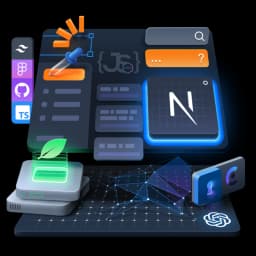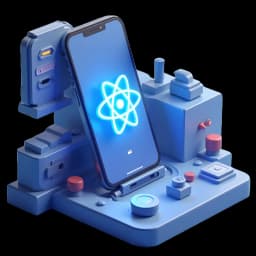Access to all courses
What's a Database?
Databases are a huge topic. And if you've never used them before- it may feel intimidating. But the core idea behind a database is very very simple. You want to store some value somewhere and later retrieve that value. - Databases provide a structured way to store and organize large amounts of data. They allow you to define tables with specific columns and data types, ensuring data integrity and consistency. - Databases support complex querying and data retrieval operations, making it easy to search, filter, and retrieve specific subsets of data based on various criteria. - Databases offer built-in mechanisms for data backup, recovery, and transaction management, ensuring data reliability and preventing data loss. ## Why Use a Database?
The rest of this lesson is waiting.
Join JS Mastery Pro to unlock it.





Get Full Access
$149 /month
Lock in a year & save—2 months free!
Quizzes, mini-challenges, AI summaries, inline sandboxes
Participation in a private community
Build real production-grade apps
Mock interviews & project reviews
Weekly live sessions & member-only access